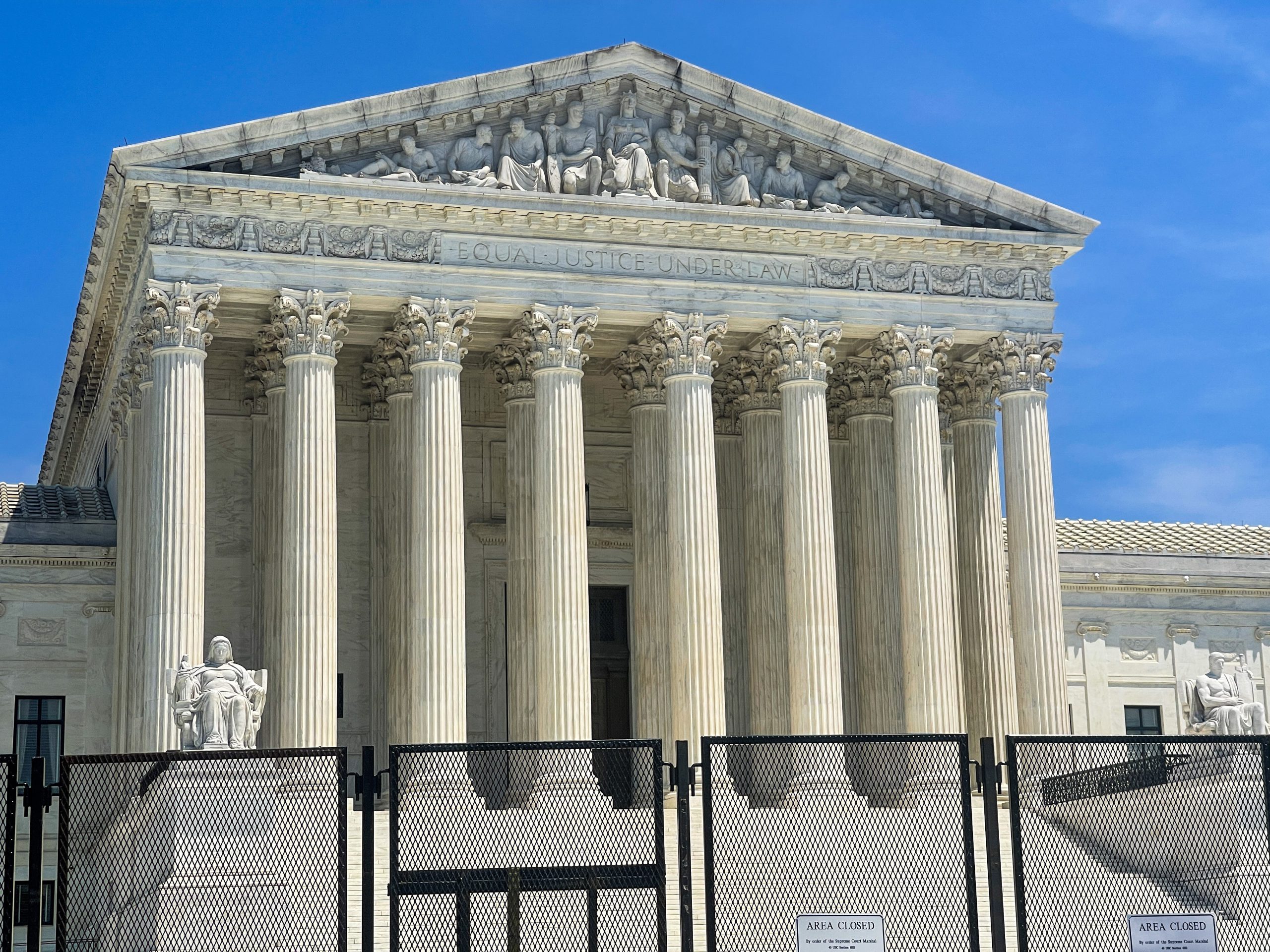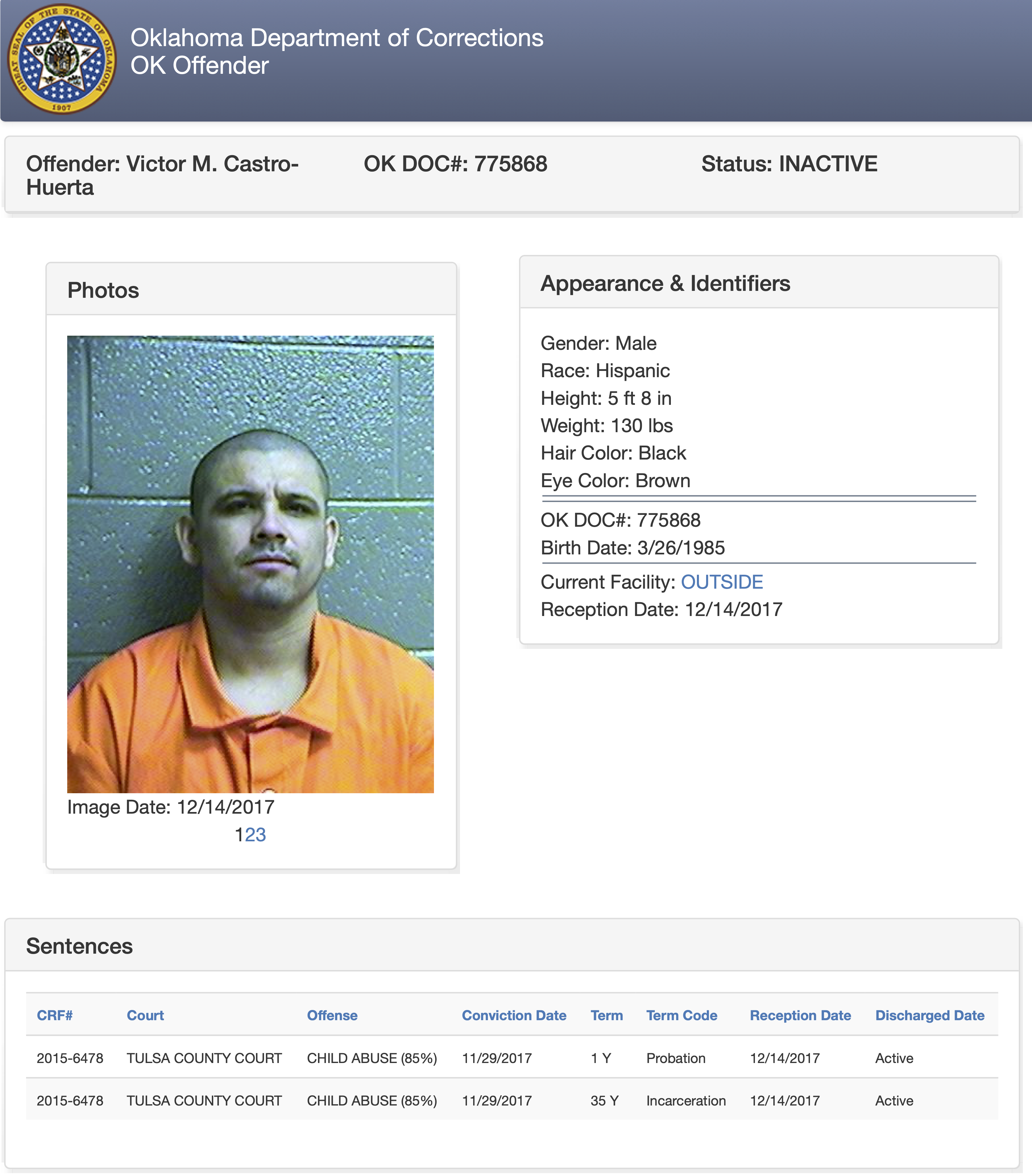Indianz.Com > News > U.S. Supreme Court decision in Oklahoma v. Castro-Huerta

U.S. Supreme Court decision in Oklahoma v. Castro-Huerta
Wednesday, June 29, 2022
Indianz.Com
WASHINGTON, D.C. —
The U.S. Supreme Court finally released a long-awaited decision in Oklahoma v. Castro-Huerta, the last of three Indian law cases heard during a highly controversial session.
By a vote of 5 to 4 on Wednesday, the court held that the state of Oklahoma can exercise criminal jurisdiction over non-Indians who commit crimes in Indian Country. The decision is a setback for tribal interests who have been closely watching the contentious case.
“The classification of eastern Oklahoma as Indian Country has raised urgent questions about which government or governments have jurisdiction to prosecute crimes committed there,” Justice Brett Kavanaugh wrote in the majority opinion that embraced the state’s relentless efforts to undermine tribal sovereignty following the Supreme Court’s historic ruling in the McGirt case exactly two years ago.

U.S. Supreme Court Decision in Oklahoma v. Castro-Huerta
Syllabus |
Opinion [Kavanaugh] |
Dissent [Gorsuch] |
Complete Document
U.S. Supreme Court Documents in Oklahoma v. Castro-Huerta
Questions Presented |
Docket Sheet: No. 21-429 |
Oral Argument Transcript |
Day Call
Syllabus – Oklahoma v. Castro-Huerta
21-429_8o6a-syllabus
Opinion [Kavanaugh] – Oklahoma v. Castro-Huerta
21-429_8o6a-opinion
Dissent [Gorsuch] – Oklahoma v. Castro-Huerta
21-429_8o6a-dissent
Full Document – Oklahoma v. Castro-Huerta
21-429_8o6a
Related Stories
Supreme Court nominee advances with show of support for tribal sovereignty (April 5, 2022)Supreme Court hears cases with high stakes for Indian Country (February 21, 2022)
Gaylord News: Supreme Court takes another look at Indian Country dispute (January 31, 2022)
Chuck Hoskin: Cherokee Nation deserves to be treated with respect (January 31, 2022)
Supreme Court surprises by taking up contentious Indian law case (January 21, 2022)
Search
Filed Under
Tags
More Headlines
Press Release: National Museum of the American Indian hosts Native art market
AUDIO: Sea Lion Predation in the Pacific Northwest
Native America Calling: Tribal colleges see an uncertain federal funding road ahead
Native America Calling: Short films taking on big stories
Native America Calling: Advocates push back against new obstacles to Missing and Murdered Indigenous Relatives momentum
Native America Calling: For all its promise, AI is a potential threat to culture
NAFOA: 5 Things You Need to Know this Week (November 24, 2025)
Chuck Hoskin: Cherokee Nation invests in rural transportation
Native America Calling: Native candidates make strides in local elections
National Congress of American Indians returns incumbents and welcomes newcomers to leadership
National Congress of American Indians chooses leadership at big convention
‘Not voting is still a vote’: Native turnout drops amid changes in political winds
Native America Calling: Indigenous voices speak up, but have little clout at COP30
‘It’s bull****’: Indian Country confronts challenges at largest inter-tribal conference
Native America Calling: The constant burden on tribal hunters to justify their treaty rights
More Headlines
AUDIO: Sea Lion Predation in the Pacific Northwest
Native America Calling: Tribal colleges see an uncertain federal funding road ahead
Native America Calling: Short films taking on big stories
Native America Calling: Advocates push back against new obstacles to Missing and Murdered Indigenous Relatives momentum
Native America Calling: For all its promise, AI is a potential threat to culture
NAFOA: 5 Things You Need to Know this Week (November 24, 2025)
Chuck Hoskin: Cherokee Nation invests in rural transportation
Native America Calling: Native candidates make strides in local elections
National Congress of American Indians returns incumbents and welcomes newcomers to leadership
National Congress of American Indians chooses leadership at big convention
‘Not voting is still a vote’: Native turnout drops amid changes in political winds
Native America Calling: Indigenous voices speak up, but have little clout at COP30
‘It’s bull****’: Indian Country confronts challenges at largest inter-tribal conference
Native America Calling: The constant burden on tribal hunters to justify their treaty rights
More Headlines

